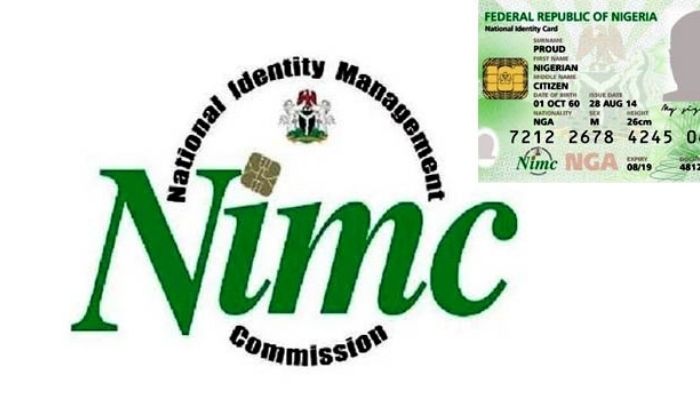A rise in the number of invalid National Identity Numbers (NIN) is affecting the ability of many Nigerians to comply with a Central Bank of Nigeria (CBN) directive to link their Bank Verification Numbers (BVN) and NINs to their bank accounts before March 1.
Efforts by many Nigerians to adhere to the CBN’s directive have failed, with many discovering that their NINs are invalid or suspended. In December, the apex bank asked banks to restrict transactions on accounts whose NIN and BVN have not been linked.
The banks were mandated to place a ‘Post No Debit’ restriction on such accounts. ‘Post No Debit’ describes restrictions banks impose on specific accounts, preventing customers from making withdrawals, transfers, or any other debits from their accounts.
The apex bank stated that its move is part of efforts to promote financial system stability in the country. It also declared that no new Tier 1 accounts and wallets should be opened without BVN or NIN.
Once implemented, many Nigerians will be unable to withdraw from their accounts. And this might worsen the plights of many in the face of the country’s worsening cost of living crisis.
“I could not link my NIN to my banks because I have been getting the notification of an invalid NIN.
“I sent an email to NIMC, to which they replied that my NIN, which I did at the NIMC office, Ikeja, was a by-pass and I must do a modification to revalidate it for use,” Mr Akinkunmi, a Lagos-based businessman, told BusinessDay at National Identity Management Commission (NIMC) office, Ikeja.
“After the bank sent me a message to link my BVN to my NIN, I tried. But the bank returned a message that my NIN is invalid,” a Nigerian who only gave his name as John stated.
“They said my NIN is invalid even though I have successfully linked it to one of my SIMs,” Miss Ruth, a schoolteacher, echoed.
Many Nigerians have also taken to X (formerly Twitter) to lament. Timi Dakolo tweeted, “All of a sudden, NIN is incorrect? Same NIN I have been using since?”
Recently, telecom subscribers who had their SIMs barred despite linking them to their NINs raised the alarm. Responding to these complaints, the Nigerian Communications Commission explained that affected subscribers had duplicated NINs due to the shady activities of third-party agents who might have registered them.
Mr Efosa Idehen, the commission’s director of compliance, clarified, “On the issue of already registered SIMs and NIN, the issue is that some of those SIMs were registered with duplicate NINs.
“When an audit of the system was carried out, actual owners of the NINs reclaimed them. We have a lot of things that people do within the industry, especially SIM-NIN linkage for money purposes.”
This revelation aligns with what a NIMC official said anonymously about invalid NINs. The official explained that many third-party agents registered a lot of Nigerians by bypassing NIMC’s server. “All those times our servers were done, agents used a back door to register people,” the official said.
The official revealed that a NIMC server audit in 2023 affected the registration of many people whose registration had been bypassed.
Recently, Abisoye Coker-Odusote, the director-general of NIMC, disclosed that the commission observed countless infractions and unwholesome practices during the NIN enrollment and modification processes. This is as the commission also temporarily suspended its Front-End Partners (FEPs) NIN enrollment activities.
“My decision to direct the revalidation of all FEPs was not targeted at anyone or group. It was a step towards sanitising the system and processes while ensuring the integrity of data in the country’s identity database,” she said of the decision.
Banks have been sending reminder messages to their customers as the March 1 deadline for BVN and NIN linkage nears. The number of Nigerians that this move would impact is unknown.
According to data from the Nigeria Inter-Bank Settlement System (NIBSS), Nigeria has 146 million active bank customers (individual) as of December 2022. As of January 26, 2024, the BVN count on the NIBSS portal was 60.49 million.
Total bank accounts stood at 223.8 million, of which 151 million were active. As of December 2023, over 104 million NINs had been issued.


